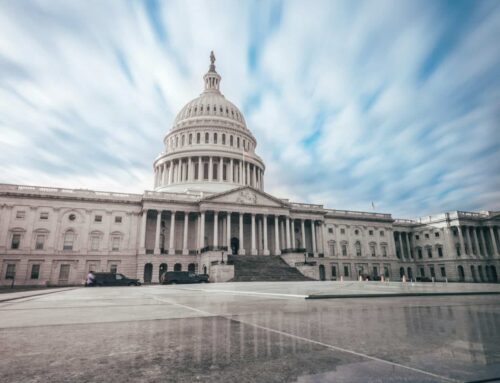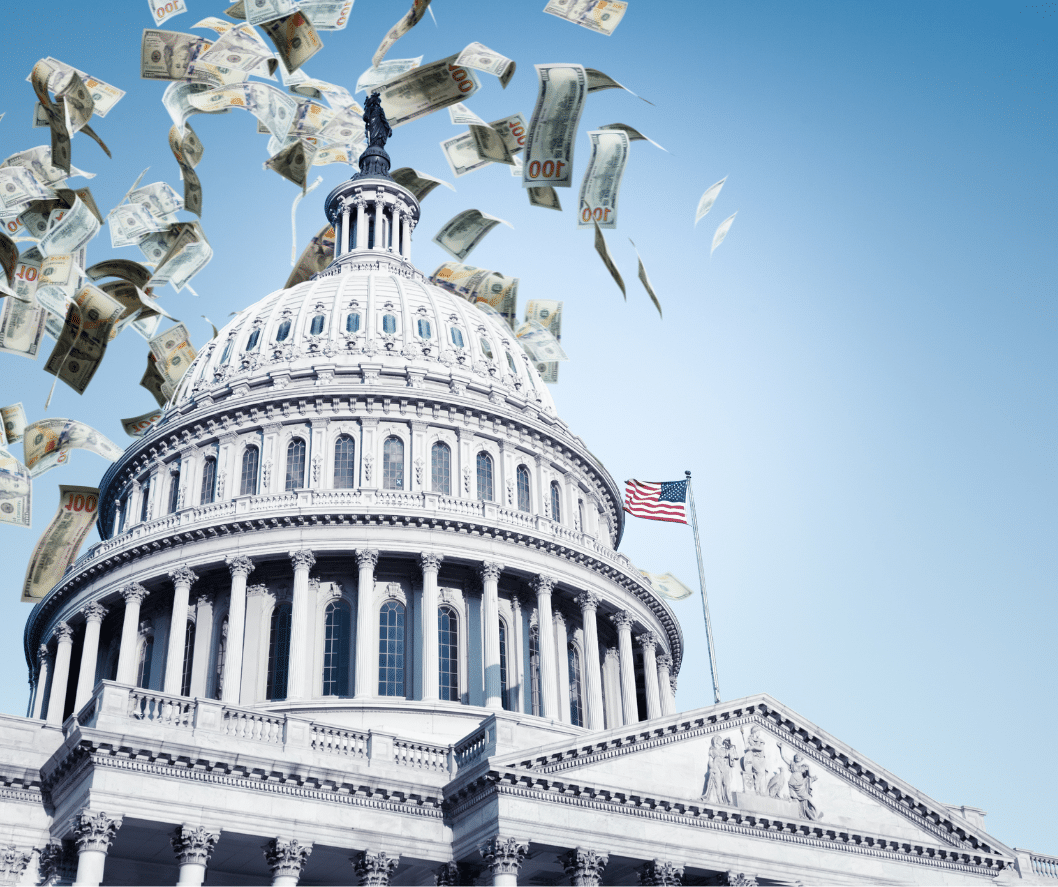Is Congress unintentionally making the case for those who argue that what happens in Washington doesn’t matter?
At TCS we strongly believe Congressional oversight is a cornerstone to a healthy, functioning federal government. The Article I branch of the government versus Article II. Checks and balances. But the federal response to COVID-19 is throwing things out of balance. And it’s not the massive number and size of checks leaving the Treasury that we’re talking about (though we do have some concerns and have been tracking that and the industries asking for them). It’s that the pandemic is straining constitutional norms vital to our brand of democratic republic.
These important touchstones have been tested before. The terrorist attacks of September 2001 resulted in the government invoking emergency procedures to ensure the continued functioning of all three branches of the federal government. These somewhat dusty procedures had been tested and exercised in the past and kicked into action as expected. The government continued to function.
Now we face a prolonged health emergency that tests the core functioning of the federal government. For all the doomsday prepping our government does, it appears we are underprepared for this one. For the first few weeks, most organizations adjusted to working from home, communicating by email, video teleconferencing, and good old-fashioned phone calls. Congress, not so much. Emergency legislation has passed. Makeshift procedures have worked in the short term. But Congressional debate and oversight has waned. We believe that, at a time when potentially trillions of new federal dollars are sluicing through the economy, oversight is paramount.
Yes, Inspectors General have received more money to keep fraud in check at various agencies. But $25 million more dollars for the IG at the Small Business Administration isn’t going to cut it. Congress needs to assert itself and restart serious oversight hearings. And to do that, Congress must first figure out how to conduct hearings, markups, and votes without putting elected officials and staff at unnecessary health risks. House Rules Committee Chairman, Rep. Jim McGovern (D-MA), has drafted a proposal that deserves serious consideration, not the partisan back of the hand it received from House Republican leadership.
These are extraordinary times, yes, but we’ve now had two unprecedented events in 19 years. And the end date of this current pandemic is unclear. Taxpayers can’t afford for Congress to continue as it has. It is a dereliction of duty for Congress not to have emergency powers to hold remote/distanced hearings, consider and mark up legislation using video teleconferencing, and vote remotely. These should be measures allowed only in extraordinary circumstances, but they must be allowed.
Congress must also reassert its oversight of the executive branch and remind Americans that they benefit from the healthy functioning of all aspects of the federal government. The chairmen of the House Appropriations, Budget and Oversight Committees have drafted legislation to reassert Congressional prerogatives regarding the appropriation of federal funds. It’s not perfect, but much of it is good.
This is something we’ve been writing about for a long time because the rule of law matters. The Antideficiency Act which, simply stated, forbids the spending of your tax dollars in advance or excess of a Congressional appropriation, is an important statutory check on the power of the executive; past, present, and future. The Impoundment Control Act (ICA), requiring the government to spend money in accordance with appropriations acts, is another one. The ICA includes exceptions that allow notification to the Congress of the reason why the executive branch plans not to spend the money Congress has appropriated. These aren’t onerous requirements. Presidents, for decades, have abided by these laws. And doing so allows for a more nimble government able to respond to quickly changing circumstances. This, at times acrimonious, but ultimately collegial (and constitutional) back and forth also precludes Congress and the Executive from engaging in an ever-escalating round of brinksmanship. One where more onerous Congressionally-set limitations are countered by more blatant Executive obstinance. Laws matter, procedures matter.
An out of control executive branch, no matter who is president, is deleterious to the proper functioning of government. Presidential overreach cannot be answered with legislative overreach. The pendulum must return to the middle, where the Constitution places it.










